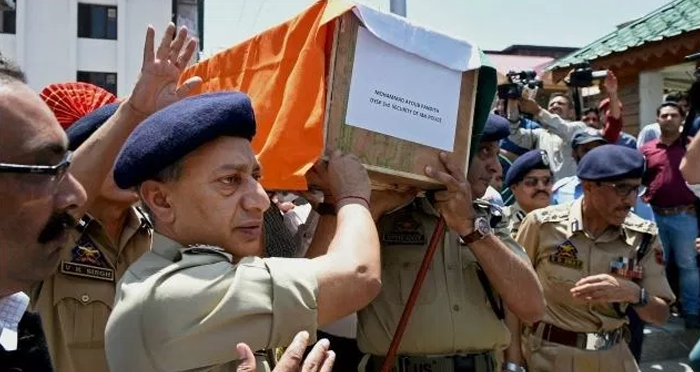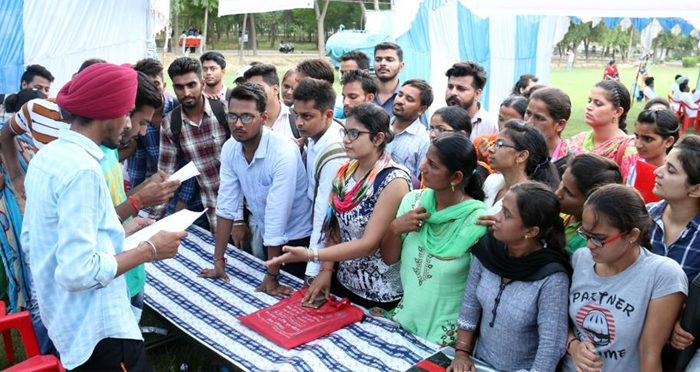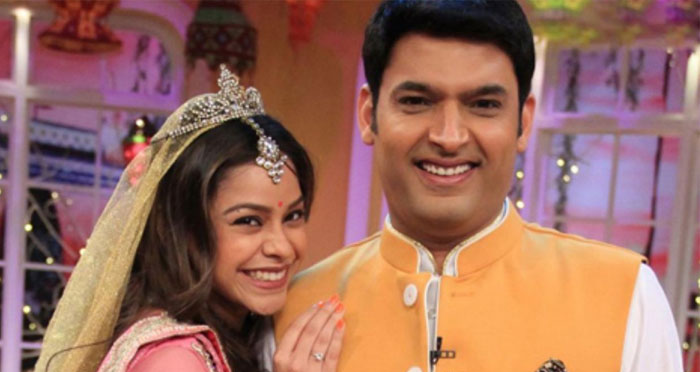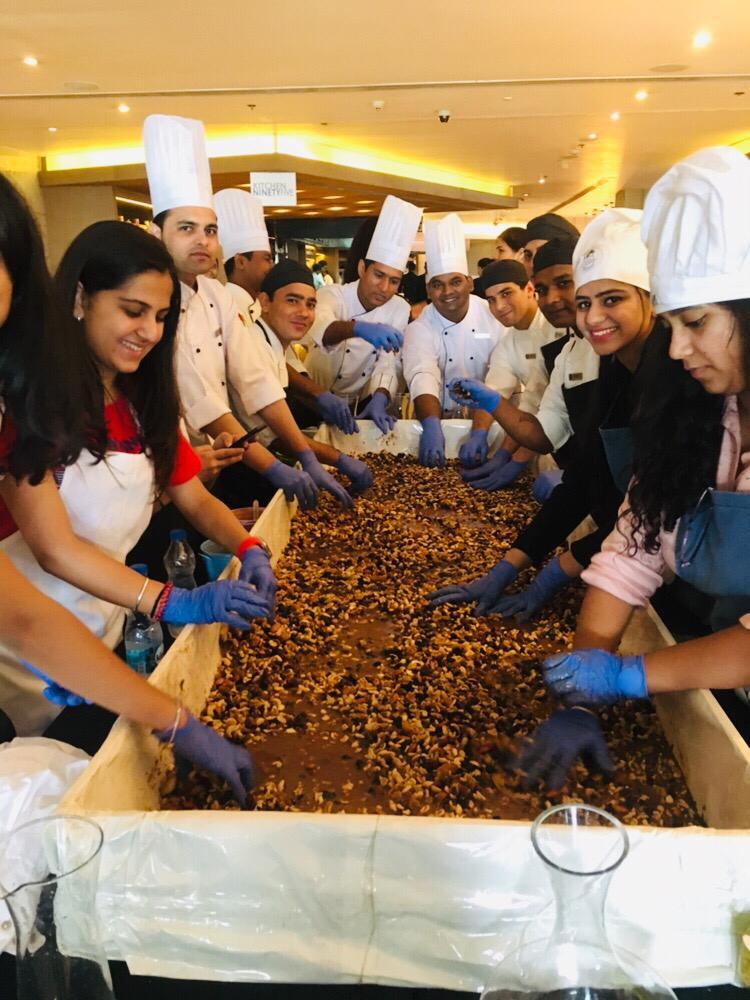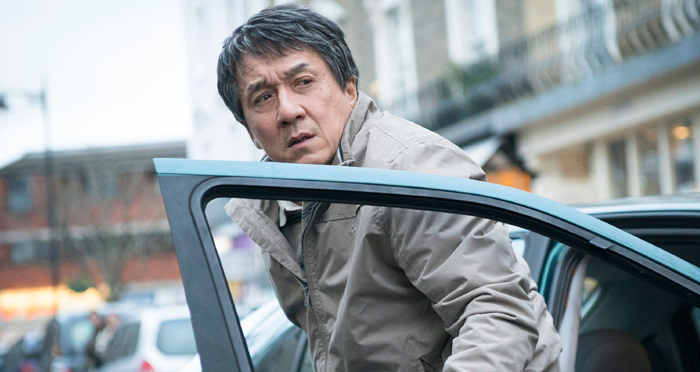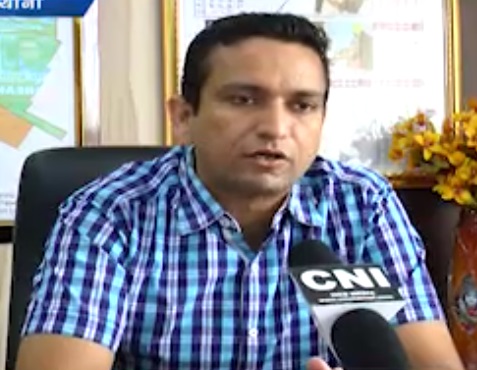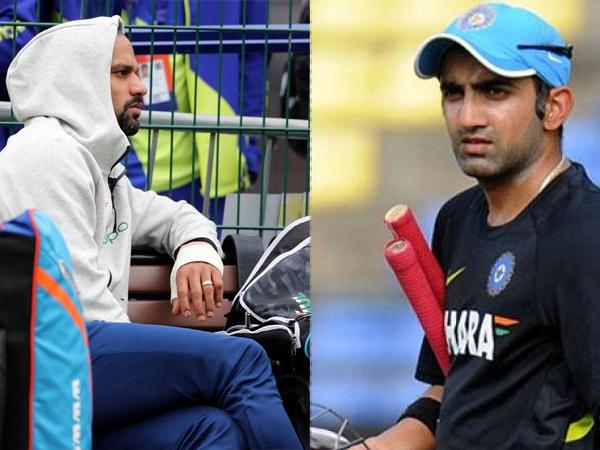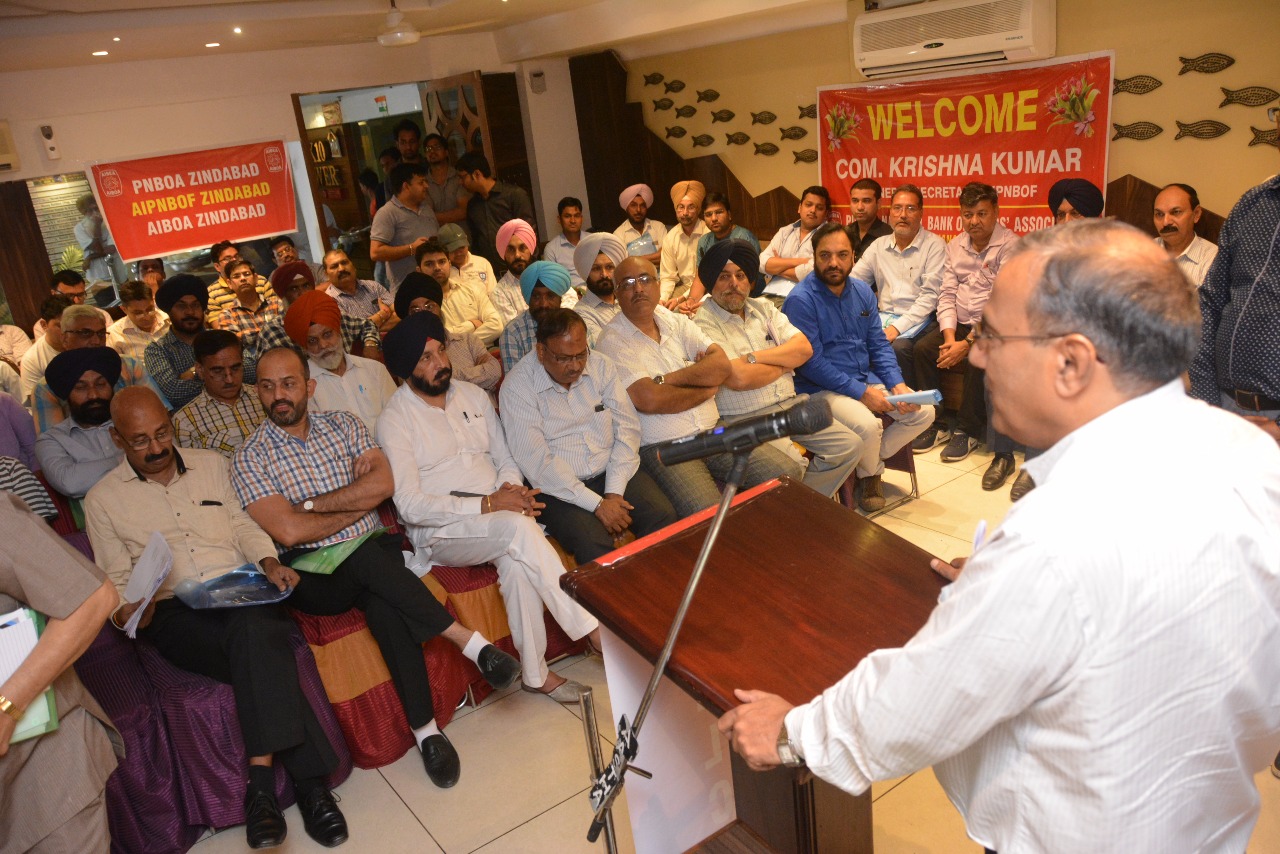In the Kodungallur Taluk of the Thrissur district of Kerala, around thirty kilometres from Kochi, lies the Cheraman Juma Masjid.
It was built in year 629 AD — during the life of the Prophet Muhammad — and named after the Chera king who provided the land. It is the oldest mosque in India and possibly one of the oldest mosques built outside the Arabian Peninsula.
The lamp in that mosque has been burning bright for over a thousand years. It is visited by people of all faiths, who bring oil for it: Just like thousands of non-Muslims who visit the Ajmer Sharif Dargah or the shrine at Haji Ali.
Islam has been practiced in India for over 1,300 years. It is one of India’s oldest religions. The Vedic period ended around 500CE. That puts the arrival of Islam in India to just within over a thousand years of the Vedas being completed and Panini standardising Sanskrit grammar.
Muslims have been here for so long now that it would be difficult to fathom an Indian identity without them. From the kurta-pajamas that our leaders don in Parliament — irrespective of religion — to the language that is spoken across the subcontinent, Islam’s influence in our daily way of life is apparent to those who wish to see it.
Why then, does a spat over a train seat in Haryana end up with a 16-year-old being lynched because he is a Muslim? A group of boys were returning from Delhi after their Eid shopping. Yes, there was a fight over the seat — as is often the case in Indian trains or aircraft — but their beards were pulled and their skull caps were thrown down.
People watched and even encouraged the mob who proceeded to repeatedly stab Hafiz Junaid with a knife, all the while branding him “anti-national.” His alleged crime? Someone claimed that the food packet the group was carrying contained beef.
How long does something — a race, religion or culture — have to put its roots down before it can be considered as part of the ecosystem? If Indian Muslims can trace their religious history over 1,300 years, then surely Islam is as Indian as any other religion. Or is that taking things too far?
We did not celebrate Partition. One people, Hindu and Muslim alike, were torn apart. That’s why after Partition, India continued to be called India. We felt there was no need for a name change. One country survived. As it always had.
In 1857, Bahadur Shah Zafar II, the last Mughal emperor, led the first war of independence against the British. He led Hindus and Muslims and when he lost, the patriot poet had this to say:
“As long as there remains the scent of faith in the hearts of our Ghazis, so long shall the talwar of Hindustan flash before the throne of London.”
He didn’t run. He stayed in Delhi despite the British murdering his sons at the Khooni Darwaza. For the Mughals and the kings before them, this was their country. When they were needed, they rose up to defend it.
History has recorded Mughal and Hindu kings fighting side by side against foreign invaders. Today, people who practice the same faith Mughals did are being accused of being anti-national.
Indian Muslims have built this country. They grow the food we eat. Contribute to our architecture. Lay their lives down for us. Deputy superintendent of police Mohammed Ayub Pandith was lynched by a mob in Kashmir on the same day as Junaid. He too, was Muslim. Wearing an Indian uniform and enforcing the laws of India.
Would he be called “anti-national” because he prays in a mosque? Would he be lynched while taking a train to Mathura because of a spat over a seat?
How is it that someone can call an Indian Muslim “anti-national” and proceed to lynch him? When did we become a morally corrupt society that does such things? Were we always like this or is this something new?
Because we are the society that lynches a boy for wearing a skull cap and carrying food that is thought to be beef. Tomorrow, society might demand that our religion be recorded on our identity papers.
Who is safe now in this country? Is anyone safe? Tomorrow, anyone looking to settle a personal score could accuse someone of being a Muslim eating beef. And without a second thought, a mob may lynch that person. Even worse, they could charge someone with sedition by accusing them of supporting the wrong cricket team.
The boys on that train called for the police. Their pleas for help were refused. They pulled on the chain but to no avail.
The Station House officer told the Times of India: “One of them, Mohsin, called an ambulance when his brother was stabbed. Such things happen” [..] “Whenever there is a riot or fight, such things happen and people say some communal things but we can’t do anything,” […]”The fight took place over seats. We are trying to identify the other accused.”
The police stood by as a 16-year-old was lynched by a communal mob. They refused to interfere. They stood by. Like cowards. As if accepting that lynching was part of our way of life. If, god forbid, the bells toll for us tomorrow, can we be sure the police will be ready to help?
India is finally having its post-colonial crisis. The constitutionalism that we thought would be our shield and prevent us from becoming a failed state is slowly eroding. Not because a particular government in power, but because we have lynch mobs that go around killing people over mere accusations.
As far as communal relations are concerned, there has been a complete breakdown of law and order. No respite appears to be in sight. From Dadri to Mathura, it appears that a cow is worth more than a human being.
A person is Indian not because of the culture they have or the god they worship. A person is Indian by virtue of the Constitution and the Citizenship Act, 1955. That’s it. There is no other criteria. For a diverse people, citizenship is the only thread that truly unifies us. No citizen should ever be asked to prove their patriotism to anyone else. Not their government. Not their fellow citizen. And no citizen should be lynched on account of his religion or live in fear because of the manner in which they dress.
To the part of India that wishes to reject the national character that has been built over these long years, pay heed: Every time someone has tried to tear apart our fabric, they have been destroyed. The Mughals ruled peacefully until Aurangzeb messed it up. Eventually, the armies of India shattered the great Mughal empire.
The British were seen as a positive influence. Until they interfered with communal harmony with greased cartridges and kicked off the rebellion that eventually sowed the seeds for India’s grand freedom struggle. All attempts to harm this country and tear apart its people will fail.
India’s destiny is larger than the minds of a fascist army in khaki pants and black caps.
On Monday, people in India will celebrate Eid. As they do every year, Muslims and non-Muslims will visit Eidgahs. Some will go to wish their neighbours. Others for the food. Thousands upon thousands will flock to Delhi’s Jama Masjid to offer morning prayers. It will be a national celebration, just like Diwali or Christmas. All faiths will participate. Because Eid transcends religion.
But for the families of Junaid and Pandith there won’t be any celebration. Both were killed for very different reasons on Friday. But they had one thing in common: They were both Indian and Muslim.
That we can no longer say India is safe for people of all religions is a matter of national shame.
Junaid’s family members filed a FIR after the incident. They still hope that the laws of this country will give them justice.
But recent events have given us pause and forced us to wonder: Do we still have rule of law?
These incidents will continue to stain our country’s character for a long time.
We should all be ashamed for being part of a society that attacks others for simply worshipping a different god.
Source – First Post




